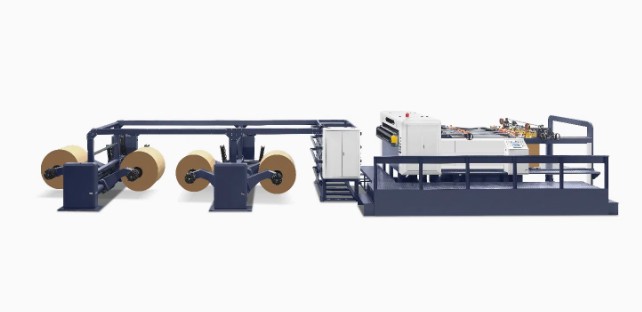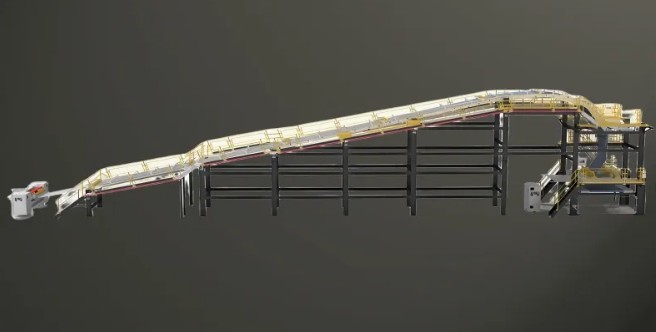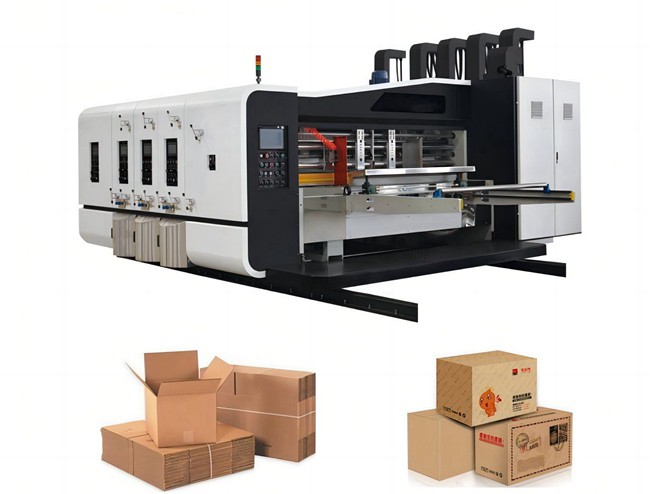Efficient and Reliable Paperboard Machines: Revolutionizing the Packaging Industry
Product description
In the dynamic world of packaging, efficiency, precision, and durability are paramount. Paperboard machines, integral to the production of high-quality paperboard, play a crucial role in the manufacturing of a wide variety of products from corrugated boxes to premium packaging solutions. These advanced machines are designed to meet the ever-growing demands of industries that require reliable, cost-effective, and sustainable packaging options.
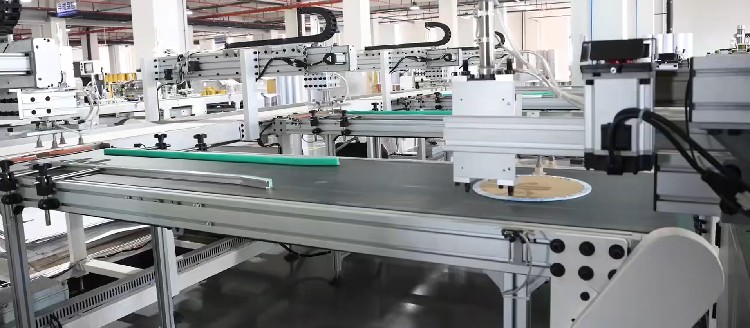
What Are Paperboard Machines?
Paperboard machines are sophisticated manufacturing systems designed for the production of paperboard, a versatile material widely used in packaging applications. These machines take raw materials such as wood pulp, recycled paper, and other fibers, and convert them into thick and sturdy paperboard sheets. The process involves multiple stages including pulping, refining, forming, pressing, and drying, each of which plays a critical role in determining the final quality of the paperboard.
A paperboard machine typically consists of several components: a forming section, a press section, a drying section, and a finishing section. Each of these components works in unison to ensure the paperboard produced is of optimal thickness, strength, and smoothness. Advances in technology have enabled the creation of machines that are not only highly efficient but also capable of producing paperboard at high speeds with minimal waste, contributing to both cost-effectiveness and sustainability.
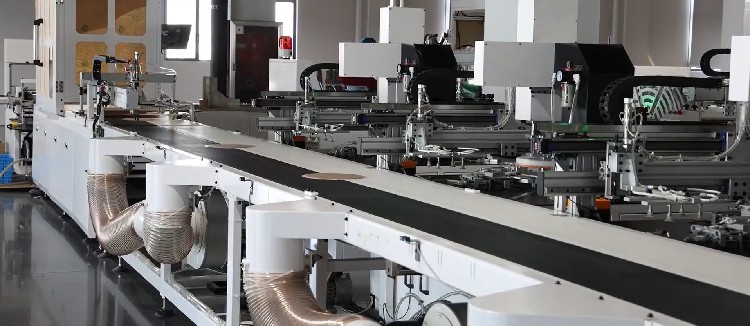
Key Features and Advantages of Paperboard Machines
1. High Efficiency and Throughput: Modern paperboard machines are engineered to produce large volumes of paperboard in a short amount of time. This efficiency ensures that manufacturers can meet market demands while keeping production costs down. The machines are designed for continuous operation with minimal downtime, ensuring a steady supply of product.
2. Precision and Customization: Paperboard machines can be adjusted finely to produce paperboard with varying thicknesses, densities, and finishes, making them highly versatile. Whether for creating lightweight, flexible paperboard for food packaging, or heavy-duty board for industrial use, these machines can cater to specific needs with remarkable precision.
3. Eco-Friendly Production: In an era where sustainability is crucial, paperboard machines contribute to environmentally friendly practices. Many of these machines are capable of processing recycled paper, significantly reducing the reliance on virgin materials. Furthermore, they are designed to minimize waste generation, optimizing raw material usage and reducing overall environmental impact.
4. Durability and Low Maintenance: The machines are built to withstand continuous operation in demanding production environments. Their robust construction ensures long-term durability and reliability even under high-output conditions. With advanced engineering, maintenance requirements are minimized, contributing to lower operational costs and higher profitability.
5. Automation and Advanced Control Systems: With the integration of automation and advanced control systems, modern paperboard machines are capable of monitoring and adjusting production parameters in real-time. This automation reduces the risk of human error, improves consistency in product quality, and enhances overall operational efficiency.
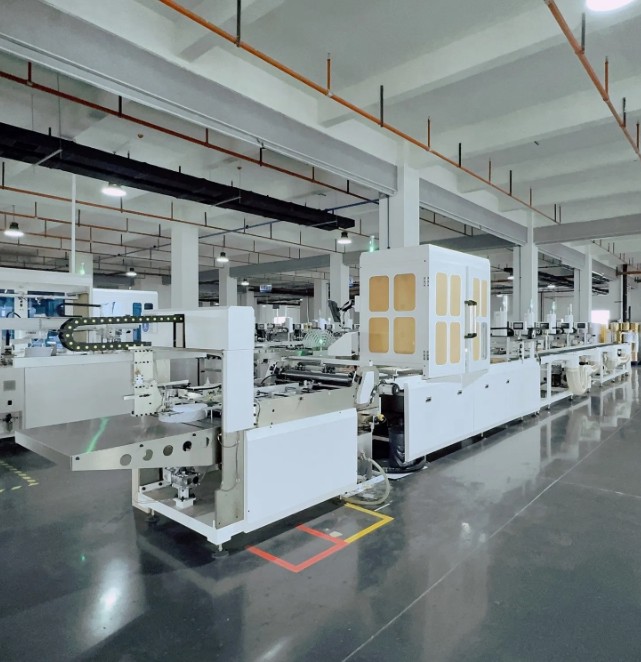
Applications of Paperboard Machines
The versatility of paperboard makes it an essential material across various industries. Paperboard machines are used extensively in the production of packaging materials such as boxes, cartons, trays, and displays. These products are commonly used in industries like food and beverage, electronics, cosmetics, pharmaceuticals, and retail, where packaging plays a key role in both functionality and branding.
In addition to traditional packaging, paperboard is also used in the production of architectural materials, including insulation and soundproofing products as well as for making graphic art and display boards. The adaptability of paperboard ensures that it meets the diverse needs of various sectors from consumer goods to industrial applications.
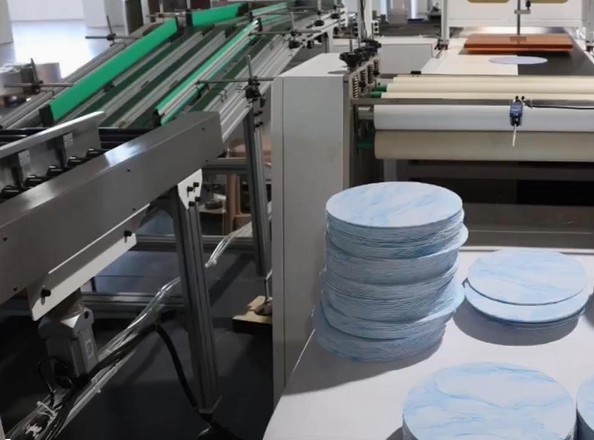
Conclusion
As global industries continue to evolve, the demand for high-quality, efficient, and sustainable packaging solutions grows. Paperboard machines with their cutting-edge technology and robust design are at the forefront of this transformation. Their ability to produce high-quality paperboard at scale while minimizing waste and energy consumption makes them an invaluable asset for manufacturers seeking to stay competitive in an increasingly eco-conscious market. With continued advancements in technology, paperboard machines will remain a critical component of the packaging industry for years to come.
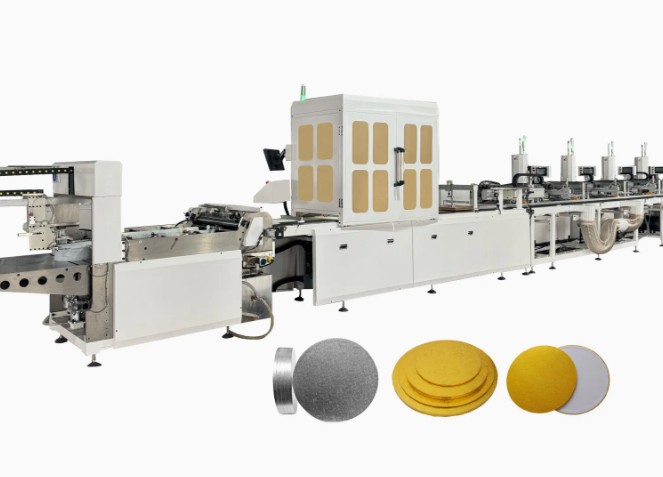
Recommended products
